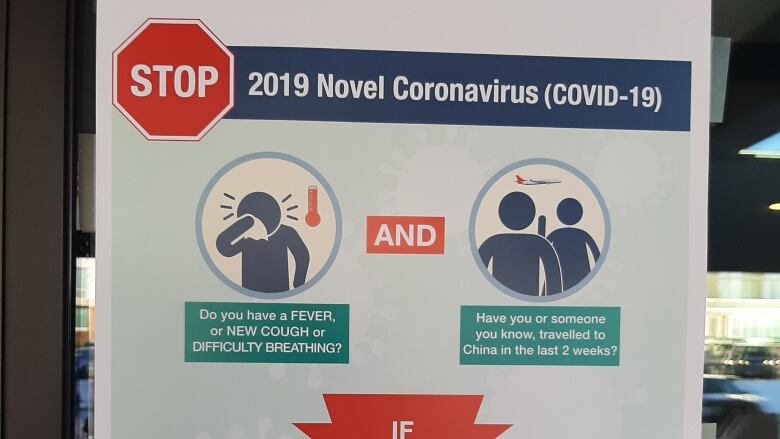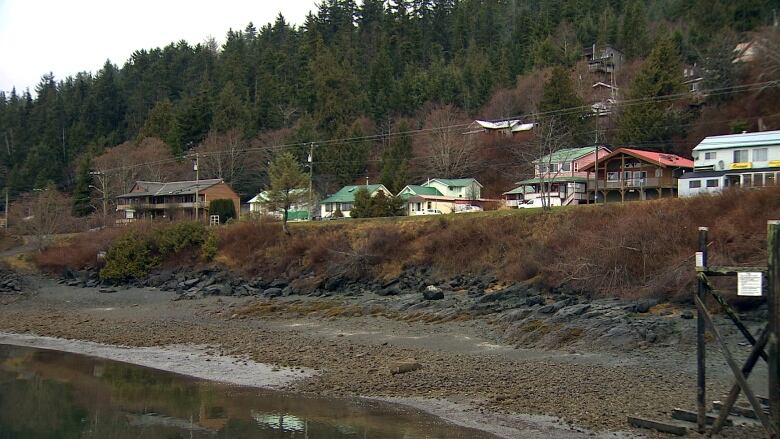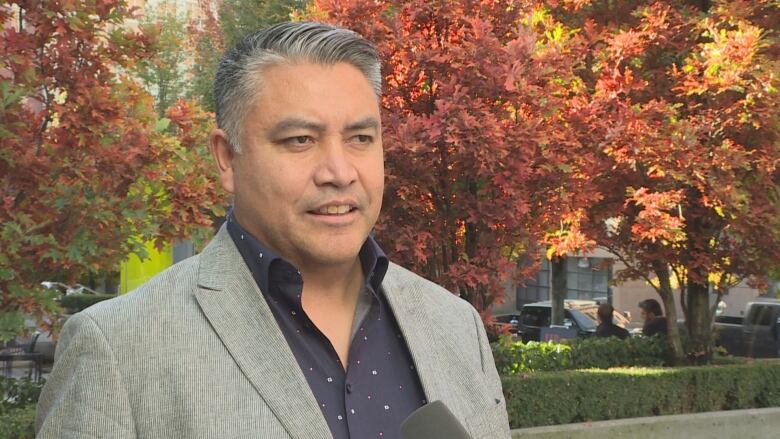Several B.C. First Nations introduce 'community self-isolation' to avoid COVID infections
Indigenous communities hope to protect vulnerable elders

Several First Nations in B.C. are taking COVID-19 public health measures into their own handsby self-isolating their communities.
While the federal government announced it would useisolation tents and temporary shelters in the case of outbreaks on remote reserves, community nurses are also preparing their responses.
But some Indigenous leaders hope taking preventive measures now will keep the virus at bay.
On Haida Gwaii,about50kilometres off B.C.'s north coast, the Council of the Haida Nation and two local band councils have issued their own travel advisory.
Haida leaders are askingall residents of Haida Gwaii, both Indigenous and non-Indigenous, to avoid travelling off-island and then returning.
- Stay informed by joining ourCBC Vancouver Facebook groupon coronavirus.
"With limited emergency resources available, any exposure could have significant consequences on Haida Gwaii," the advisory states.
Haida leaders say the decision was made with input from the First Nations Health Authority.

'Social Distancing by Geography'
"They do have the advantage of social distancing by geography," said Shannon McDonald , deputy chief medical officer at the First Nations Health Authority. "They can say, 'We don't want anybody coming in that is a carrier or ... a risk fortransmission of the virus within our community.' "
Meanwhile, the Takla Nation, about 400 km northwest of Prince George in northern B.C., wants to keep outsiders away fromits remote communities.
"With all due respect, we do NOT encourage any visit from outside Takla, for the safety of our elders and those that have weak immune systems," said Chief John French in a written statement.
Chronic illnesses put some residents at greater risk
Terry Teegee, regional chief with the B.C. Assembly of First Nations, is a member of the Takla Lake First Nation.
He said he commendscommunity self-isolation.
Teegee says it's vital to protect elders,who are both family members and the keepers of Indigenous language and culture.

"The spread of the virus in our communities would be, quite frankly, devastating," Teegee told CBC News.
Teegee said diseases like diabetes are also prevalent in Indigenous communities, making people more vulnerable to COVID-19 complications.
Smallpox 'fresh in our minds'
Teegee says the current outbreak has to be seen in the context of historicpandemics, including smallpox, measlesand the Spanish flu.
"It's still fresh in our minds.," said Teegee. "It's not that long ago ... that pandemics devastated Indigenous communities. You know, we had communities of hundreds if not thousands of people, and they were just gone. That's the devastation."
If you have a COVID-19-related story we should pursue that affects British Columbians, please email us atimpact@cbc.ca.
Corrections
- An earlier version of this story mistakenly put the distance between Vancouver and Haida Gwaii at 2,000 km. While that's true as the crow flies, it is, in fact, 1,717.7 km by road and ferry.Mar 17, 2020 12:44 PM PT












_(720p).jpg)


 OFFICIAL HD MUSIC VIDEO.jpg)
.jpg)



























































































